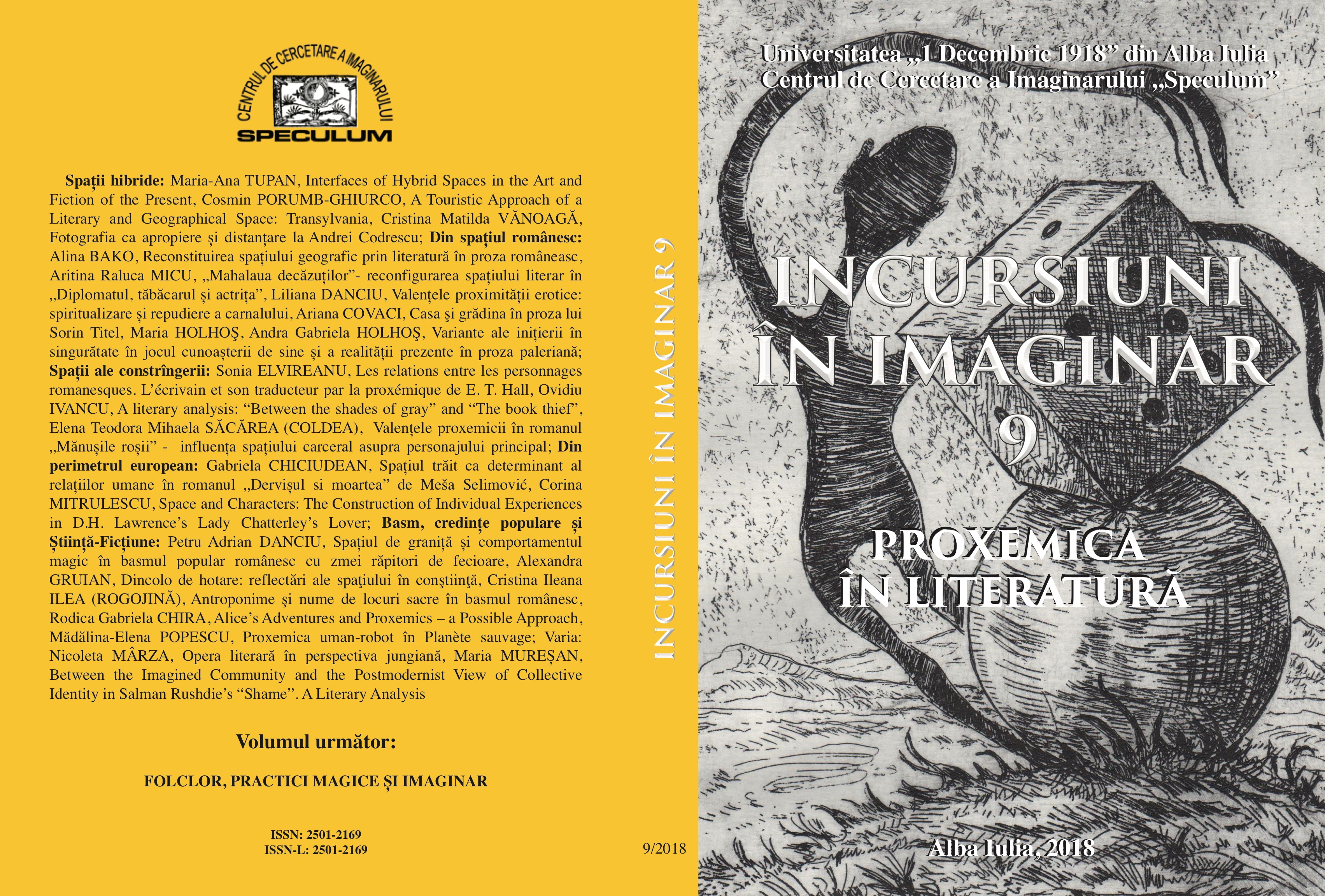Opera literară în perspectiva jungiană
The Work of Art in Jung’s Approach
Author(s): Nicoleta MirzaSubject(s): Language and Literature Studies, Studies of Literature
Published by: Editura Aeternitas
Keywords: unconscious; artistic creative process; psychological creation; visionary creation; autonomous complex;
Summary/Abstract: In C.G. Jung's perspective, the science of the soul shows itself to be perfect for explaining the psychological structure of purposeful, concrete products, emerged from complicated psychic activities, as well as the psychological statuses of the artistic creator - considered to be unique in his personality. Against Freud’s reductive doctrine, Jung brings forth some objections which finally reveal the last instance of the differences between the two. Jung states that arts, like dreams, do not contain simply denied desires, cannot be considered diseases, yet they require different investigating approaches. Artwork, in Jung’s vision represents a process in itself, alive and “creative” whose nature is different from its origin, a figment of the creator which starts from preliminary conditions of which he/she disposes in an absolutely free manner. The work consists of something overly personal which has a specific rationality in itself. It creates its own meaning and nature, setting on a trajectory towards what it desires to become, establishing and planning its own becoming. From the analytical psychology’s point of view, this creative process is an autonomous complex which leads an independent life, existing as a distinct part of the soul, unsubordinated to the power of will, to its ordering processes.
Journal: Incursiuni în imaginar
- Issue Year: 1/2018
- Issue No: 9
- Page Range: 279-288
- Page Count: 10
- Language: Romanian

